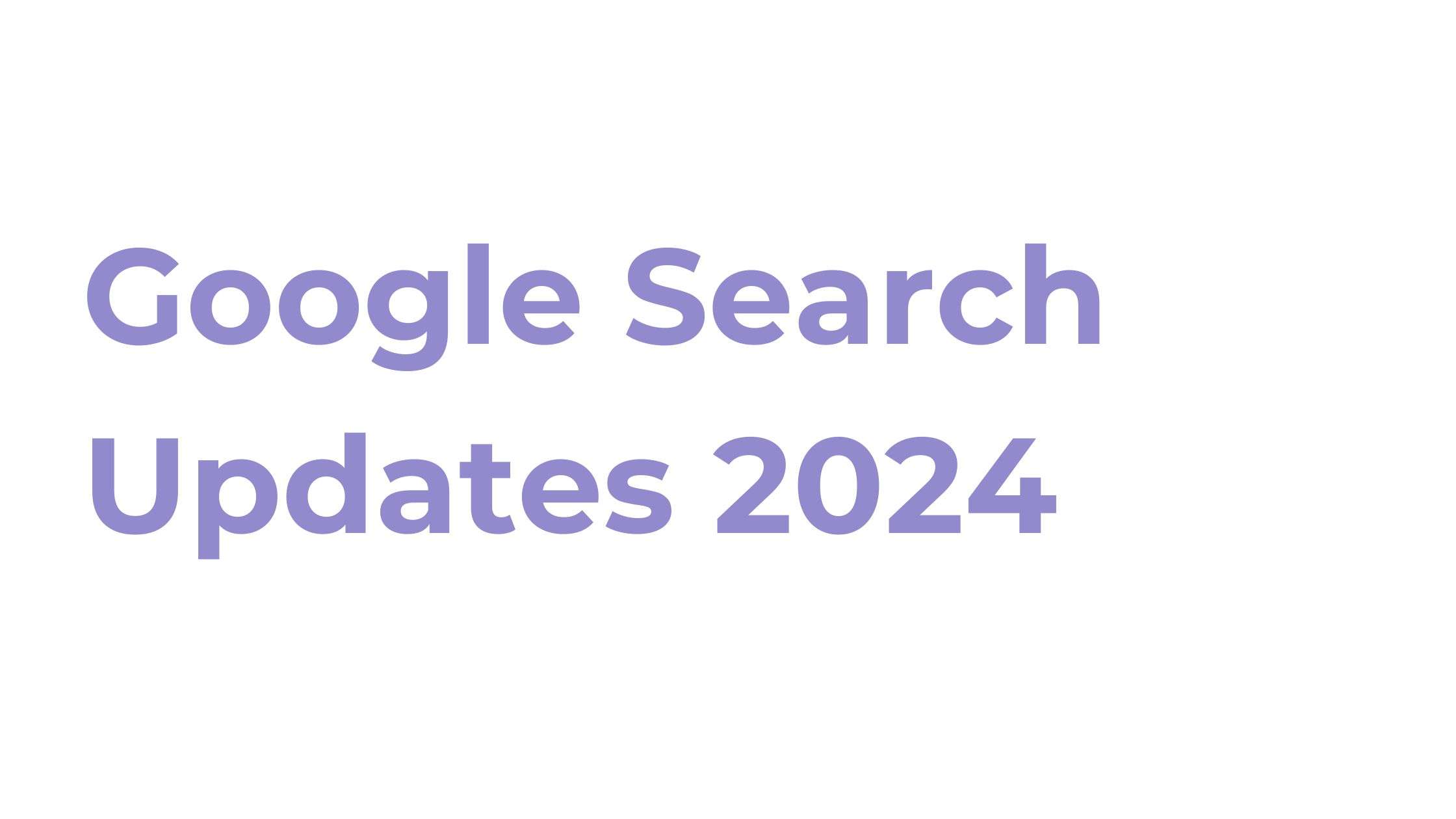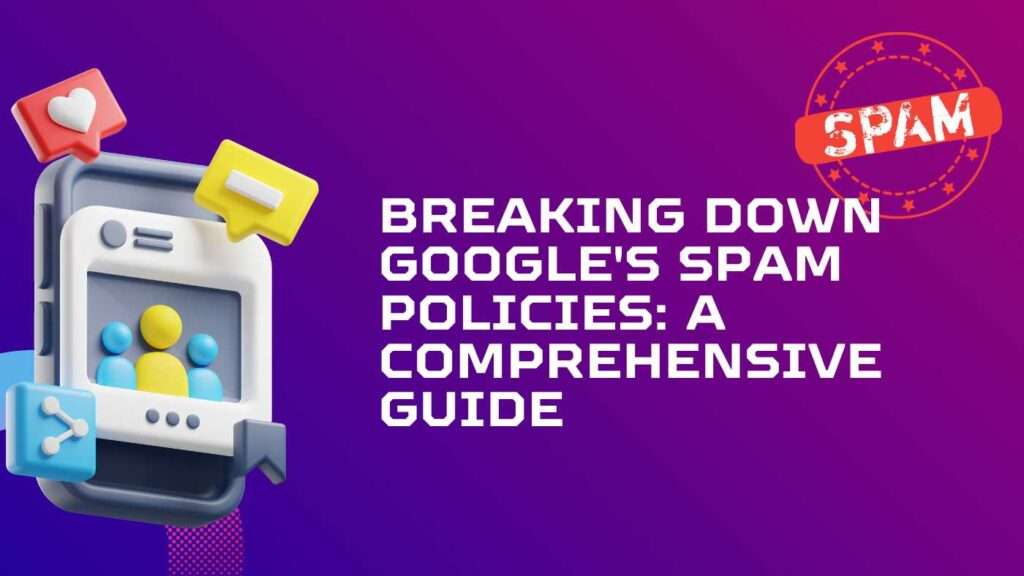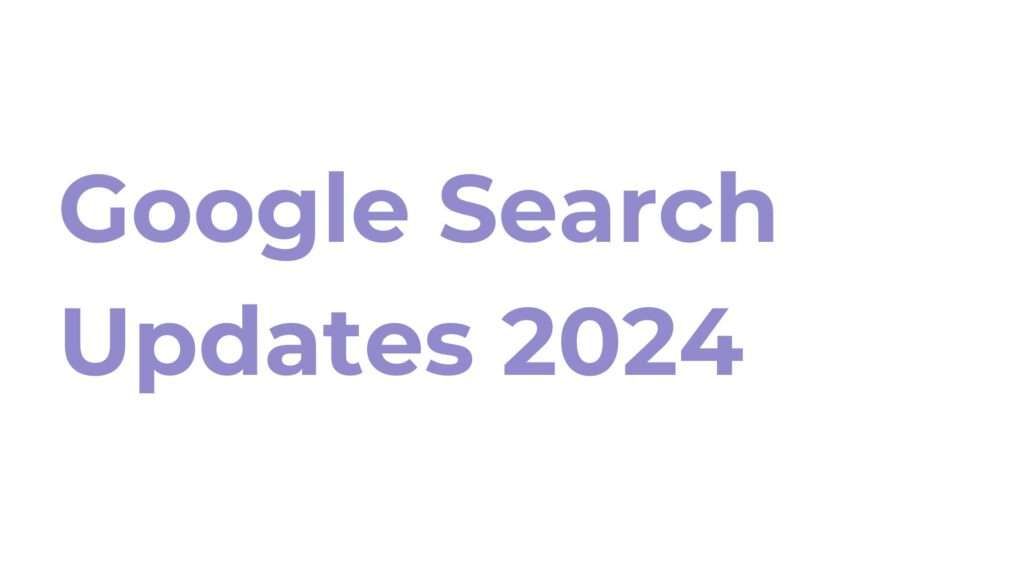Introduction
If you’re an avid user of Google, you may have noticed some significant changes in how search results are displayed. As we delve into the year 2024, Google has intensified its efforts to combat various forms of abuse that affect the quality of search results. In this article, we will explore the updates related to scaled content abuse, site reputation abuse, and expired domain abuse, and how they impact the digital landscape.
Scaled Content Abuse
Understanding Scaled Content Abuse
Scaled content abuse refers to the practice of generating large quantities of low-quality content in an attempt to manipulate search engine rankings. This can include keyword stuffing, content spinning, and other blackhat SEO techniques.
Impacts of Scaled Content Abuse
- Decreased user experience due to irrelevant or low-value content
- Diminished credibility of search results
- Negative impact on website rankings and visibility
Google’s Response
Google has implemented advanced algorithms that prioritize high-quality, original content over scaled content. Websites engaging in such practices may face penalties, including lowered rankings or even removal from search results.
Site Reputation Abuse
What Is Site Reputation Abuse?
Site reputation abuse involves manipulating external factors to boost a website’s credibility artificially. This can include fake reviews, paid backlinks, or other tactics aimed at deceiving search engines and users.
Consequences of Site Reputation Abuse
- Erosion of trust between users and websites
- Unfair advantage for unscrupulous websites over legitimate ones
- Potential penalties from search engines for engaging in deceptive practices
Google’s Actions
To combat site reputation abuse, Google has refined its algorithms to detect and penalize websites that engage in such manipulative tactics. Genuine user reviews, natural backlinks, and other authentic signals are prioritized in search rankings.
Expired Domain Abuse
The Phenomenon of Expired Domain Abuse
Expired domain abuse involves acquiring expired domains with existing authority and redirecting them to unrelated or spammy websites. This is done to exploit the domain’s existing trust and ranking power.
Read More: 8 Benefits of Using Structured Data
Ramifications of Expired Domain Abuse
- Deception of search engines and users by redirecting authority from reputable sources
- Damage to the credibility and reputation of legitimate websites associated with these domains
- Erosion of search result quality due to irrelevant content and links
Google’s Countermeasures
Google has implemented measures to detect and penalize websites engaged in expired domain abuse. This includes evaluating the relevance and quality of content on redirected domains to prevent manipulation of search rankings.
Conclusion
In the ever-evolving landscape of online search, Google’s proactive measures against scaled content abuse, site reputation abuse, and expired domain abuse are critical for maintaining the integrity of search results. By prioritizing high-quality content, authentic signals, and ethical practices, Google aims to provide users with relevant and trustworthy information. As website owners and SEO practitioners, it is essential to adhere to these guidelines to ensure sustainable growth and visibility in the digital realm.
“Quality content and ethical practices are the cornerstones of a reputable online presence.”
External link: Learn more about Google’s Webmaster Guidelines here.





